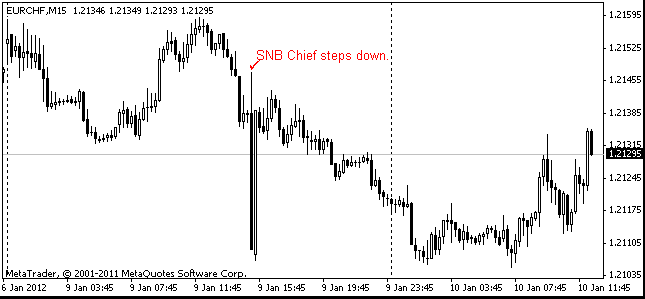EUR/usd
Yesterday the single currency rewrote its local lows and went sideways on very thin volumeless trading. On Thursday EUR/USD went down to 1.3034 at the beginning of the active US session, but then it moved sideways. Now the currency is quoted at 1.3070. It's often the case that a day before the payrolls release volatility abandons the markets, and traders place large orders at the current levels. But today the most part of Europe is getting ready for the coming Easter, so the markets are almost completely deprived of volume. Very often the trend, which has been dominating the markets over the week, reverses after the release of the US statistics. But it's not very clear what logic should the markets follow this time in order to see the same scenario. If the factual employment data doesn't differ much from the now expected growth at 200K, the chances of further QE this year will fade greater. By contrast, the situation in Europe has been causing some concern over the recent days. Now again spreads on bonds of the European fiscal violators are growing against their German counterparts. The European stock markets are declining faster than the American ones, and the economic indicators show a growing contrast between the USA and euro-Zone. This cannot last for long and in a quarter or two Europe will also catch up, but at present the economic situation is not favourable for the euro. Anyway, here we cannot find any contradiction with the existing perennial tendencies. Providing there're no cataclysms, the dollar usually tends to grow in the warm season, but in August-September it frequently looks weaker than its rivals. In case there are some drastic troubles in the economy, the situation may unfold in an absolutely different way, like it was in 2008, for instance. So, technically, today the euro may correct this week's decline and grow slightly on the payrolls release, but the dollar also has good chances to go up in the coming days and weeks.

EUR/GBP
Following the euro, the British pound was also declining yesterday, but got support at 1.58. The bulls do not want to give up their positions, especially after trading has returned to the level of the pair's 200-day moving average. As we mentioned yesterday, the British economic indicators dispose to buying of the sterling rather than of the euro. It is clearly seen in the euro/pound cross, which overnight sank down to its three-month low. Here it's worth noting that the nearest support level passes through 0.8220, lower – only levels of September 2010. In reality the situation in Britain is not very favourable: we can observe just a slight growth after the fall in 4Q. According to yesterday's NIESR estimate, the British GDP grew only by 0.1% over the first three months of the year. It's not much in comparison with the 0.3% decline in 4Q. In addition, the Bank of England is likely to continue QE in May. Thus, in the coming weeks we'll probably find the right point to buy the pair.

USD/JPY
The strength of the yen, built up mainly due to the movement towards safe assets, has been hampering the situation in the Japanese stock market recently. As has already been mentioned, the first quarter proved to be very favourable for Nikkei due to the yen weakening. However, the growth of demand for the Japanese currency on the euro sales and certain strengthening against the dollar again place the country's bonds among the weakest ones. So, in the coming weeks we're likely to observe the correction of the currency down to 80 in USD/JPY and down to 105 in EUR/JPY.

EUR/CHF
Something bordering on fantasy occurred yesterday. As a result of euro sales, EUR/CHF dropped below 1.20 for a short time. The unexpected wave of sales pushed off the pair from 1.2030 down to 1.1997. Of course, shortly after the CB confirmed its intention to buy unlimited amounts of the currency. However, today consolidation in the pair is close to 1.20 – just 10 points apart from it. The markets are definitely eager to put the CB's head to the test. Here it's worth mentioning that if Switzerland launches interventions, it will be favourable for the single currency, as SNB is quite a big buyer of the euro.
